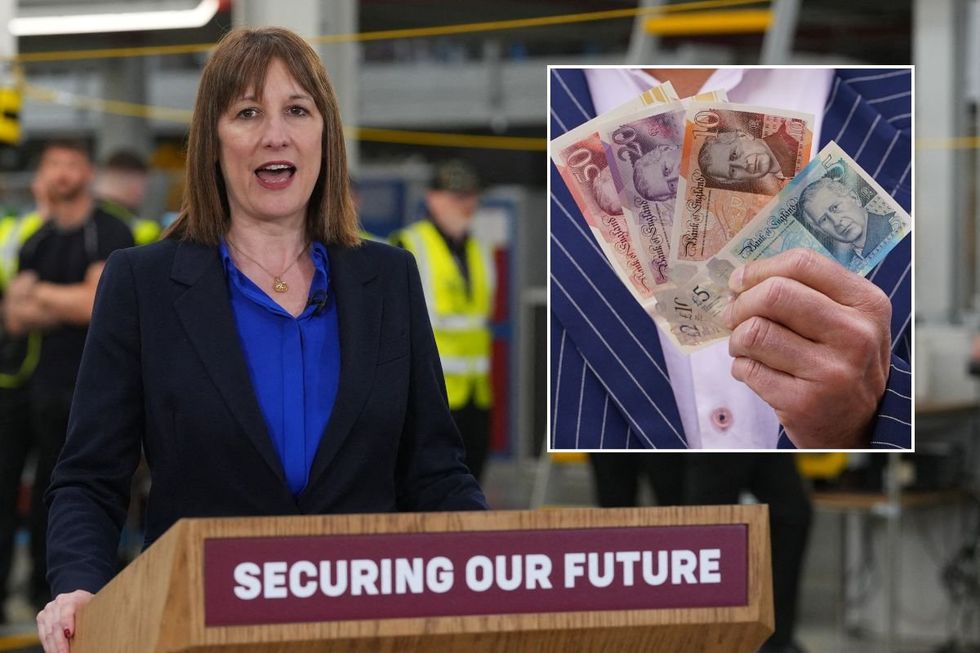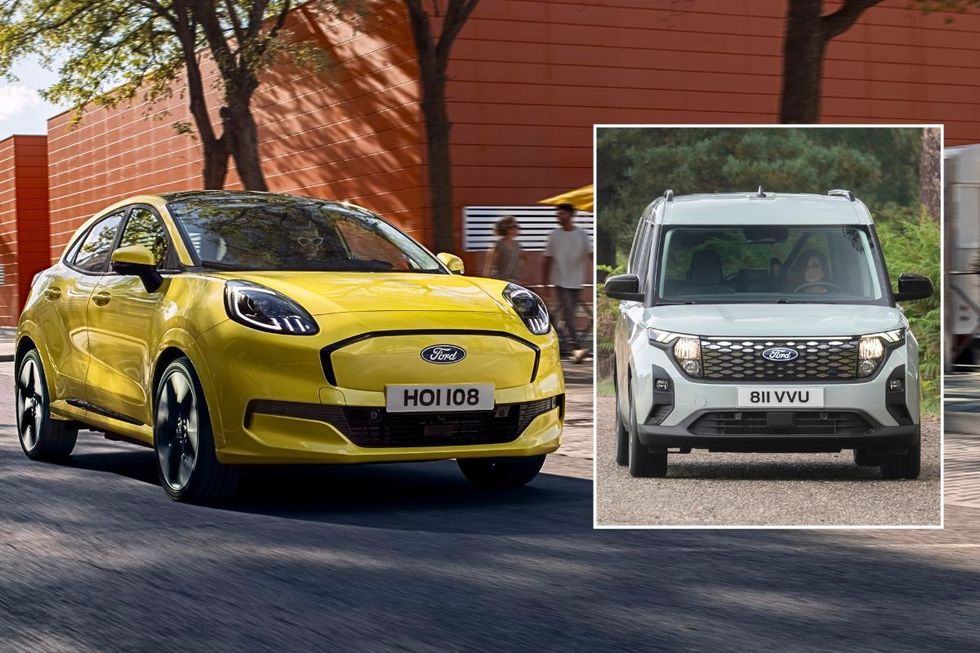Rachel Reeves has been slammed for looking into introducing pay-per-mile road pricing, with experts saying it could seriously impact the uptake of electric vehicles.
Reports have surfaced suggesting that Chancellor Rachel Reeves could plan to introduce pay-per-mile car tax changes for electric vehicles in the upcoming Autumn Budget.
A road pricing scheme is scheduled to be introduced in 2028, following a consultation, with plans for these measures to be outlined later this month.
Forecasts suggest that the car tax changes could see electric vehicle owners pay an extra £250 a year, as the Government looks to claw back money from the drop in revenue from fuel duty.
Millions of drivers have already made the switch to electric vehicles, and with Government pressure to switch to cleaner cars, more motorists could transition to EVs sooner rather than later.
However, The Telegraph reports that the Chancellor plans to charge electric vehicles with an additional 3p per mile on top of other road taxes.
Rachel Reeves oversaw the introduction of new Vehicle Excise Duty (VED) charges for electric car owners in April, although this was first outlined by then-Conservative Chancellor Jeremy Hunt.
Tanya Sinclair, CEO of Electric Vehicles UK, highlighted how road pricing measures, such as pay-per-mile, were consistently floated as helping the Government raise money and account for losses from fuel duty.
READ MORE: Rachel Reeves set to hammer motorists with hated pay-per-mile car tax changes in Budget

Speaking to GB News, she said: “Today’s vehicle parc looks nothing like it did when emissions-based VED was introduced. There’s no doubt the system needs fundamental reform.
“The real question is how. The Government must take the time to consult properly, design carefully and communicate transparently, a process that will take years, not months.”
The proposals come just hours after data showed that electric vehicles made up more than one in four new vehicles registered in October, with two in five coming with a plug.
The latest Electric Car Count, from New AutoMotive, found that almost 32,000 new electric cars were sold in October, in addition to thousands of vans, motorbikes and HGVs.
LATEST DEVELOPMENTS
- Rachel Reeves set to hammer motorists with hated pay-per-mile car tax changes in Budget
- Drivers issued urgent warning as police forces roll out little-known speed cameras across UK
- Electric cars are cheaper to run than petrol vehicles – even if drivers need to use public chargers
The data showed that electric car sales retained an impressive 5.5 per cent growth year-on-year, while interest in petrol and diesel vehicles fell.
Ms Sinclair continued, saying that the Government should avoid fueling speculation around potential tax changes before the Autumn Budget.
“Rumours about pay-per-mile only unsettle drivers and risk slowing the very market we need to grow,” the expert noted.
It comes as Labour makes major strides in supporting the uptake of electric vehicles, most notably through the £650million Electric Car Grant incentive scheme.

More than 35 electric cars are already eligible for the Electric Car Grant, although the scheme has been criticised since only two vehicles are included in the full £3,750 grant, namely the Ford Puma Gen-E and the Ford E-Tourneo Courier.
Experts have also called on Chancellor Rachel Reeves to slash VAT rates on public chargers across the UK from 20 per cent to just five per cent to match the rate attributed to home chargers.
Speaking to GB News, a spokesperson for HM Treasury confirmed that the Chancellor only made tax policy decisions at fiscal events.
They added that they do not comment on speculation regarding future tax changes, and that any modifications would be outlined on November 26.
Our Standards:
The GB News Editorial Charter







Follow